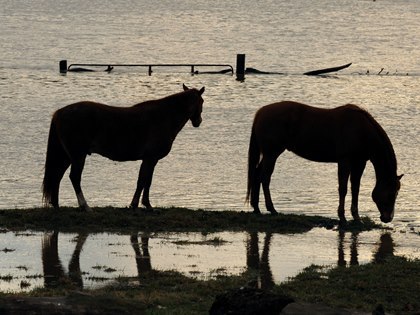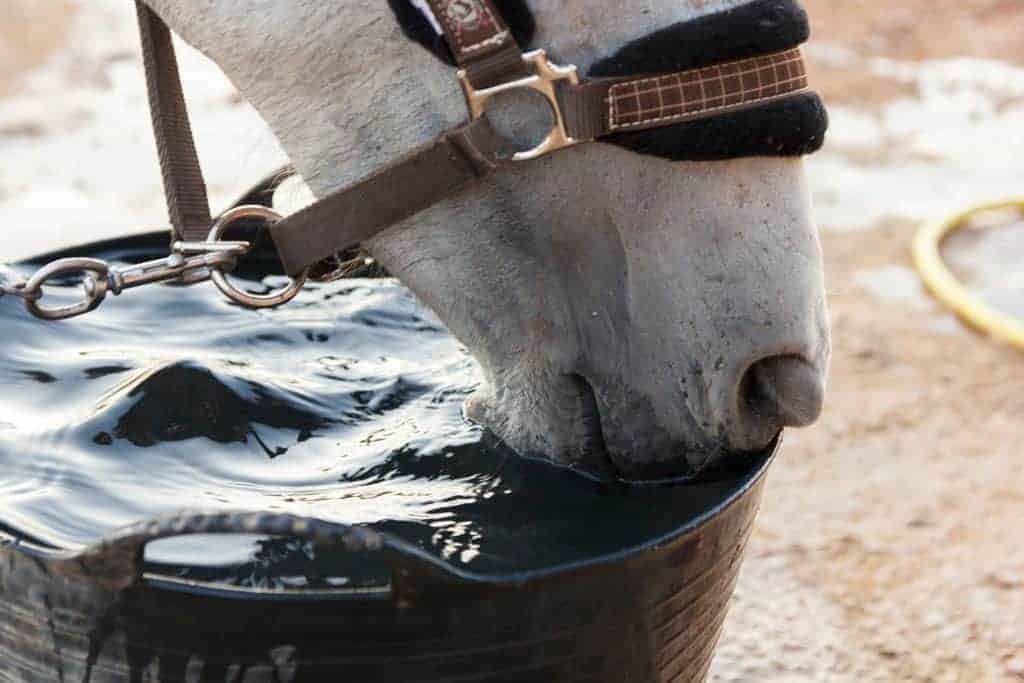
Horse Feed Storage and Preservation
Learn how to store hay and grain properly—keeping nutrients in and mold, rodents, and spoilage out.

Learn how to store hay and grain properly—keeping nutrients in and mold, rodents, and spoilage out.

Use winter downtime to declutter your horse barn and promote chore efficiency.

Here’s how to get your farm back to normal so your horses have a safe and comfortable place to, once again, call home.

Cargill is voluntarily expanding its livestock and horse feed recall due to elevated aflatoxin levels. The original recall was initiated May 6.

Cargill is voluntarily recalling Southern States Triple 10 horse feed and other select livestock feeds due to elevated aflatoxin levels.

Does your horse’s drinking water have high iron levels? If so, he might be at risk for chronic illness or even death, researchers found.

If a water utility issues a boil-water notice for humans, are horses at risk for disease if they drink unboiled water? Dr. Peter Timoney shares his thoughts.

Get tips and information on horse farm water-quality issues, creating a water and soil conservation and nutrient management plan, and accessing resources available to help landowners comply with agricultural water quality acts.

Commentaries on cleaning feed buckets, botulism, beet pulp, hay, and more were popular in 2018.

Western Milling has agreed to pay $2.4 million in damages to the owners of several horses that reportedly became ill or died after consuming monensin-contaminated horse feed.

The FDA warned Gilman Co-Op Creamery and Farmers/Ranchers Cooperative Association of Ainsworth about monensin contamination in horse feed they produced. Monensin is an animal drug approved for use in cattle, swine, and poultry that is highly toxic and potentially lethal to horses, even at relatively low levels.
The U.S. Food and Drug Administration (FDA) is investigating the deaths of six horses in Minnesota allegedly due to horse feed contaminated with monensin.

Health problems can arise when animals—including horses—and people come into contact with the various toxins produced by blue-green algae.

Minimize your horse’s risk of ingesting a deadly plant by identifying and eliminating harmful species.

While tiny quantities of some substances were found in samples, researchers say it’s not necessarily cause for concern.

What should you do if you find unwelcome pests in your horse’s grain? Our nutritionist weighs in.
Stay on top of the most recent Horse Health news with
"*" indicates required fields